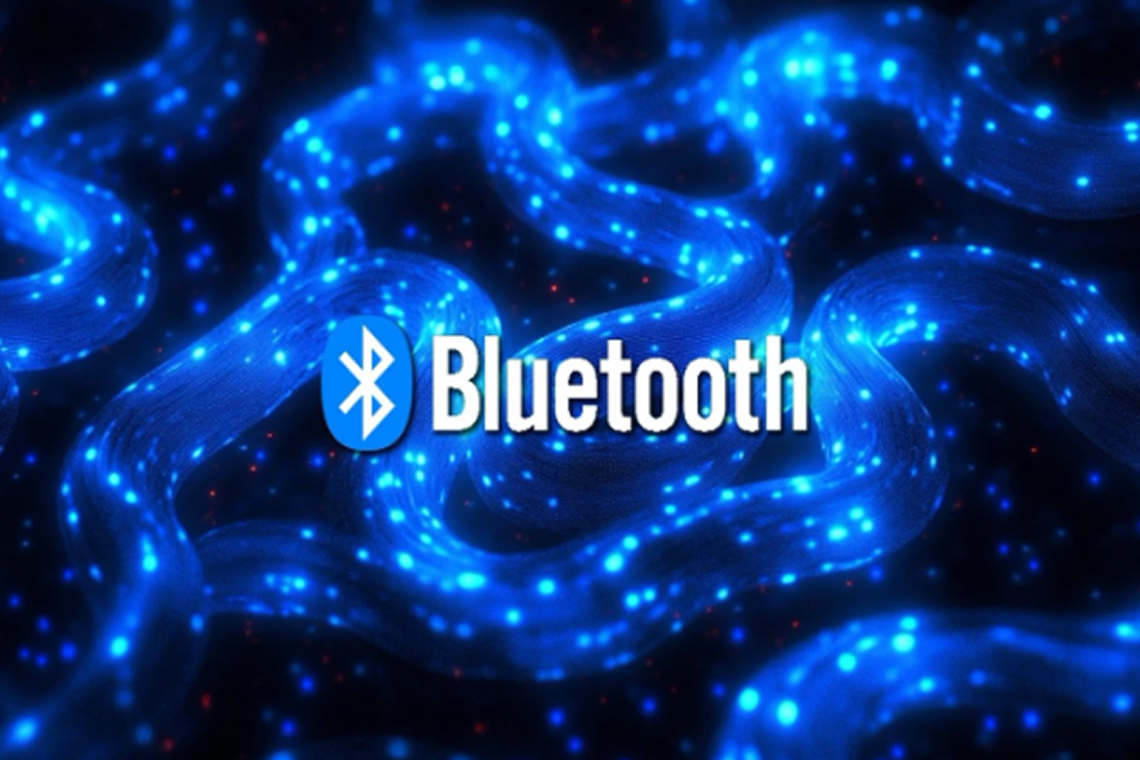The Bluetooth Special Interest Group (SIG) has unveiled the Bluetooth Core Specification 6.1, introducing key upgrades to the widely used wireless protocol.
A standout feature in this update is enhanced device privacy, achieved through randomized updates of Resolvable Private Addresses (RPA).
According to SIG's announcement, randomizing the timing of address changes helps prevent third parties from tracking or linking a device’s activity over time. An RPA is a Bluetooth address designed to appear random and is used instead of a device’s permanent MAC address to protect user privacy. It enables trusted devices to reconnect securely without exposing their real identity.
Previously, RPA updates occurred at fixed intervals, typically every 15 minutes. This predictability could be exploited in correlation attacks, allowing long-term tracking of devices.
Bluetooth 6.1 addresses this issue by introducing randomized RPA update intervals. The default range is now between 8 and 15 minutes, with the option to configure custom intervals from as short as 1 second to as long as 1 hour.
A NIST-approved random number generator selects a value within the defined range, and the controller updates the RPA accordingly. Since the timing is unpredictable, tracking becomes significantly more difficult. More technical information on this privacy enhancement is included in the official specification document released with the announcement.
Another notable improvement in Bluetooth 6.1 is increased energy efficiency. This results from allowing the Bluetooth controller to independently manage the randomized RPA updates.
The chip can now select update intervals and generate new addresses internally without waking up the host device. This conserves processing power and reduces memory activity, ultimately saving energy. Devices like fitness trackers, wireless earbuds, and IoT sensors could benefit significantly from this boost in battery life.
Although Bluetooth 6.1 introduces valuable enhancements, widespread adoption will take time. Hardware and firmware support is not expected until at least 2026. Even then, early versions of Bluetooth 6.1 chips may not support all the new features right away due to testing and validation requirements.
Found this article interesting? Follow us on X(Twitter) ,Threads and FaceBook to read more exclusive content we post.


